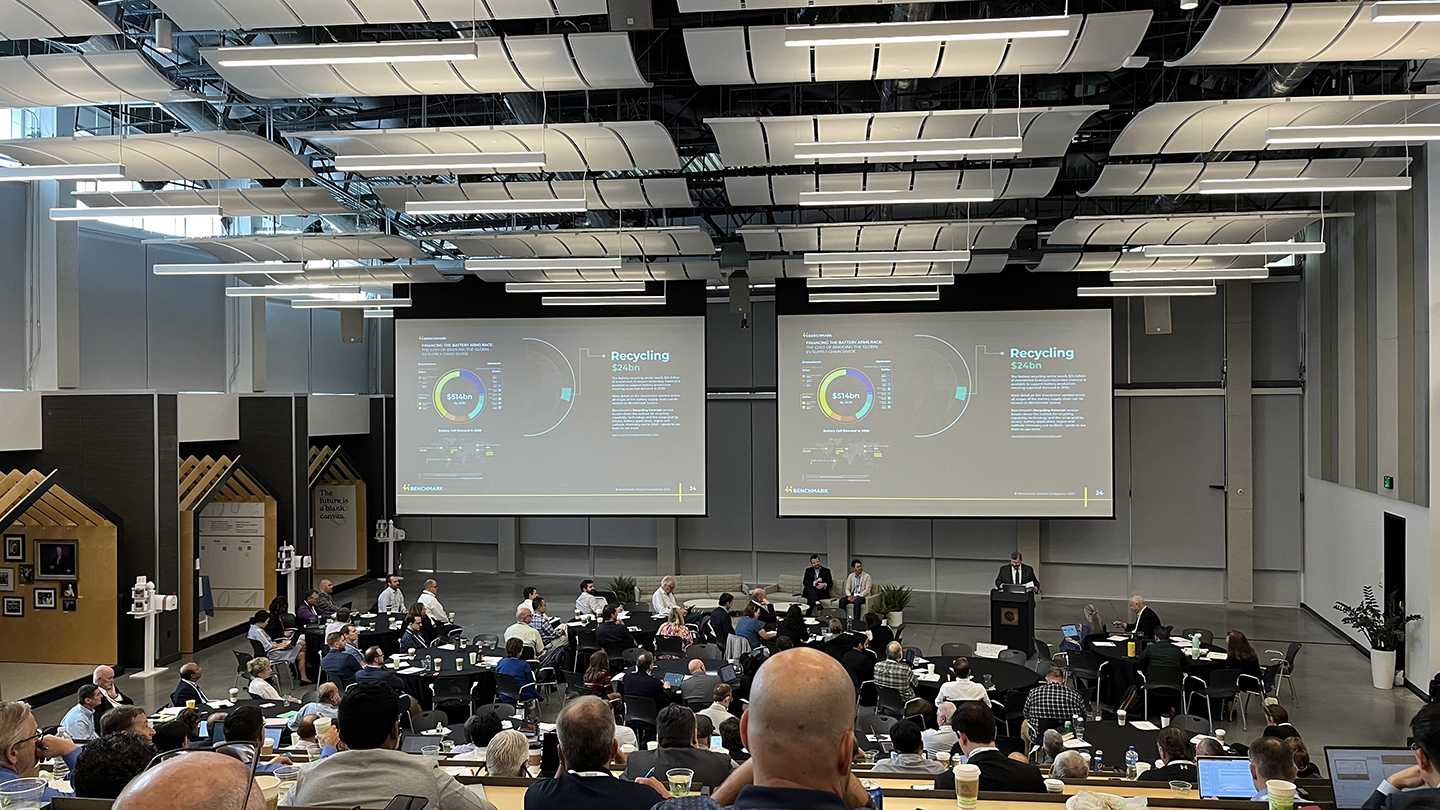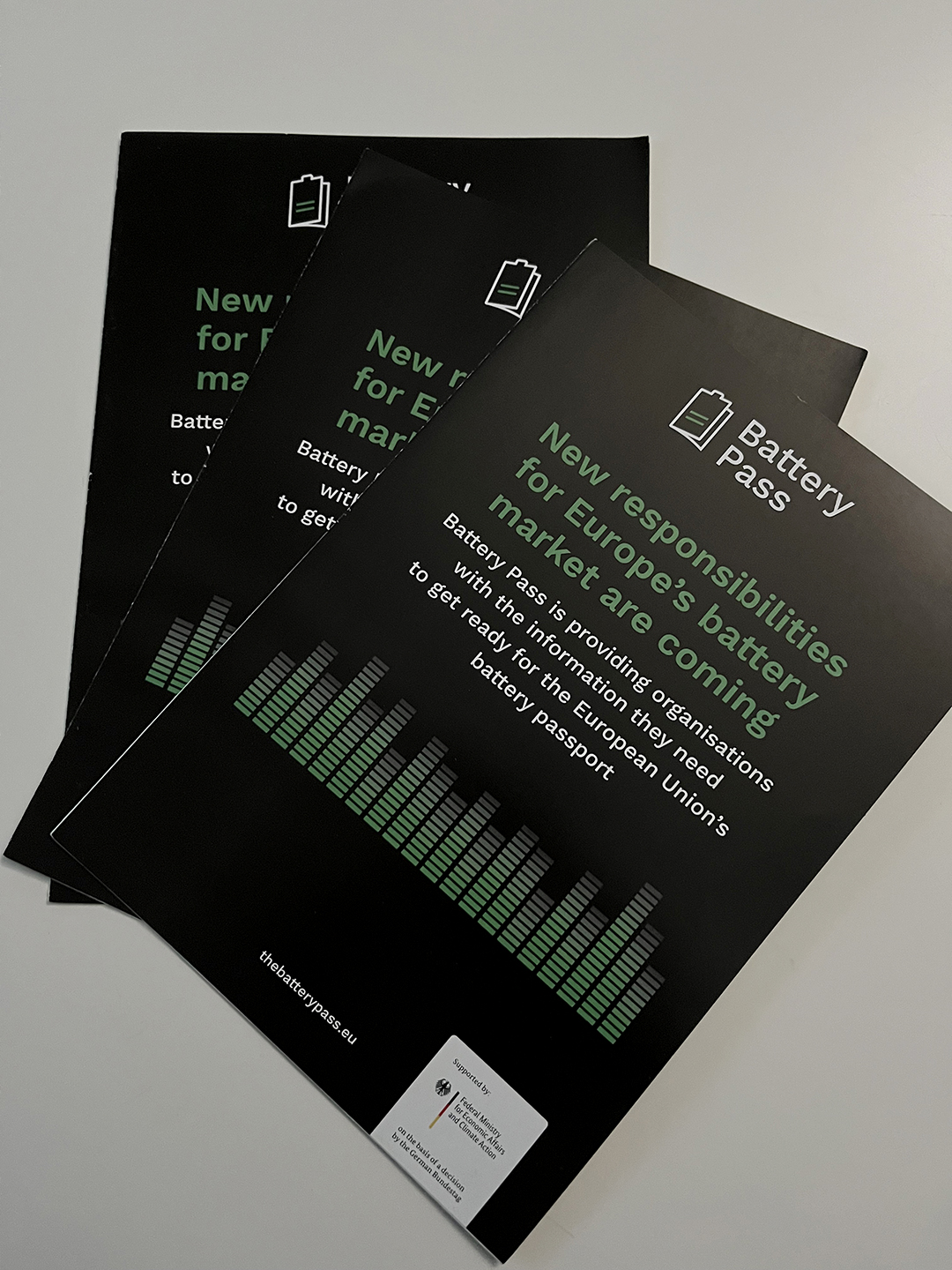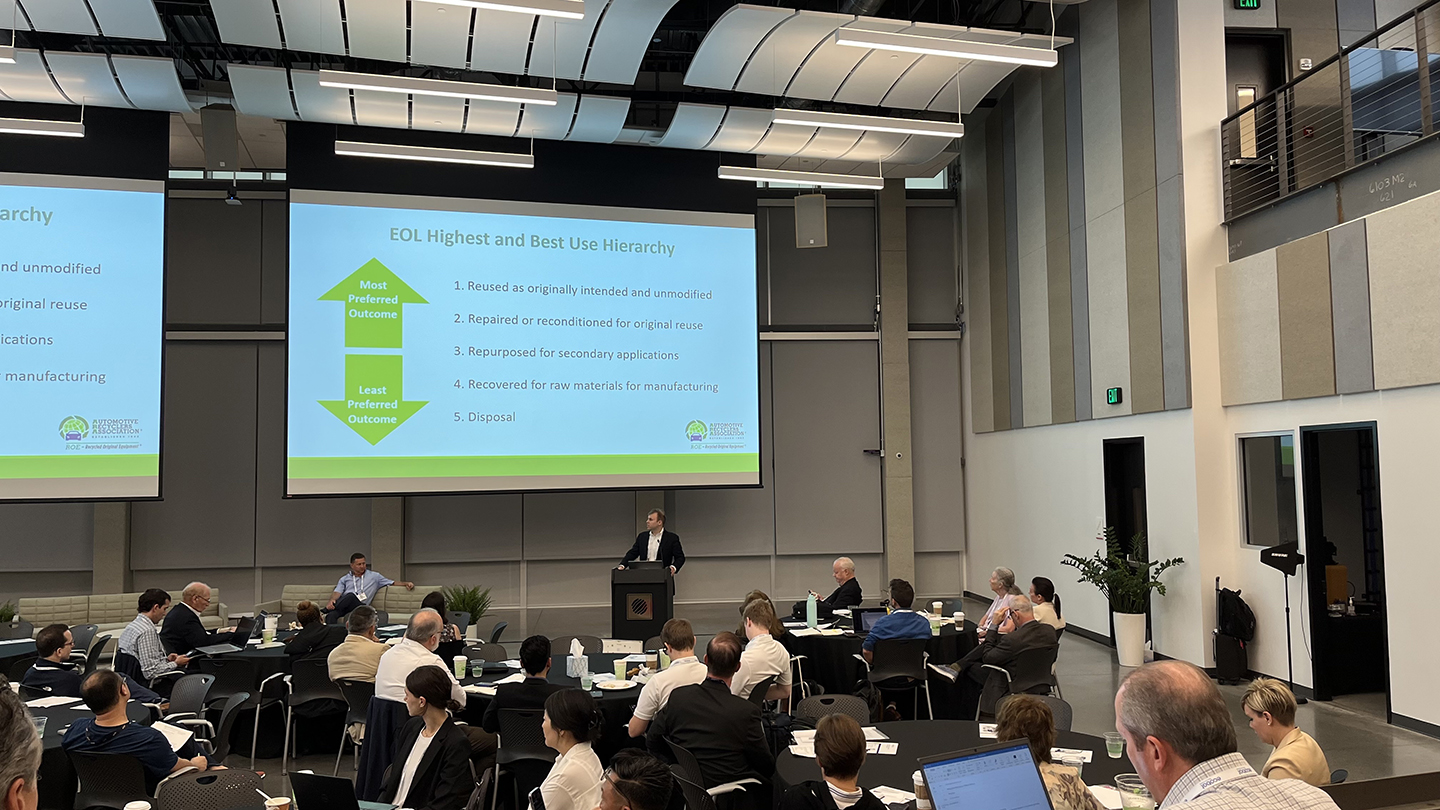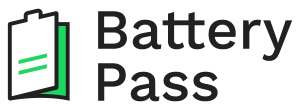Following an invitation by James Greenberger, Executive Director and founder of NAATBatt International (the National Alliance for Advanced Transportation Battery Cell Manufacturing), the Battery Pass attended the 6th NAATBatt Lithium Battery Recycling Workshop in the United States on 8-9 August 2023. Stephanie Schenk, project lead of the Battery Pass on behalf of Systemiq, represented the consortium contributing to a panel discussion around the evolving concept of the battery passport.
The two-day workshop attracted around 200 participants with the entire North American battery value chain being present from mining companies and cathode active material producers to automotive OEMs and battery recycling players – organisations such as Glencore, Albemarle, Umicore, LG Chem, Ford, General Motors, LiCycle, Cirba Solutions, Ascend Elements as well as many more.
The agenda was packed with exciting topics such as “issues in handling black mass”, “solutions for recycling LFP”, “safety considerations in handling used batteries” and “the evolving concept of the battery passport”. The Battery Pass contributed to the last, which was moderated by Lauren Roman (Transparent Planet) and joined by Zachary Trautt (National Institute of Standards and Technology), Laura Wagner (GM Energy) as well as Battery Pass very own Stephanie Schenk, project lead of the consortium on behalf of Systemiq. Stephanie provided an overview on the objectives of the European Commission, the scope of passport requirements in the context of the EU Battery Regulation as well as potential benefits resulting from access to respective data for recycling companies.
A lively panel discussion and Q&A session on the topic followed with questions from the audience centered around gaining further understanding on specific requirements of the EU passport as well as how a passport for the US market could look like. Perspectives ranged from being in favor of a purely market driven solution, which immediately raised questions around the benefits of such system and who would bear the cost, to doubts about the industry not going far enough in enabling the maximum possible impact particularly with respect to environmental and social challenges.
Considering the IRA requirements, a battery passport system focused on tracking and tracing the origin of components and critical materials to qualify for tax credits might soon become reality in the United States. While this would fall short of the ultimate potential of a passport system, globally harmonized standards should be reached as soon as possible to avoid additional burden for the industry. Exposure to and active participation of US players in the European market might ultimately lead to further passport elements being taken over on a voluntary basis. Furthermore, regulatory bodies might realize their obligation to take over a balancing role between industry interests and societal and environmental needs.
Battery Pass would like to thank NAATBatt for the interesting event and is looking very much forward to stay connected with various stakeholders in the market and to further contributing to ongoing discussions in the United States.






